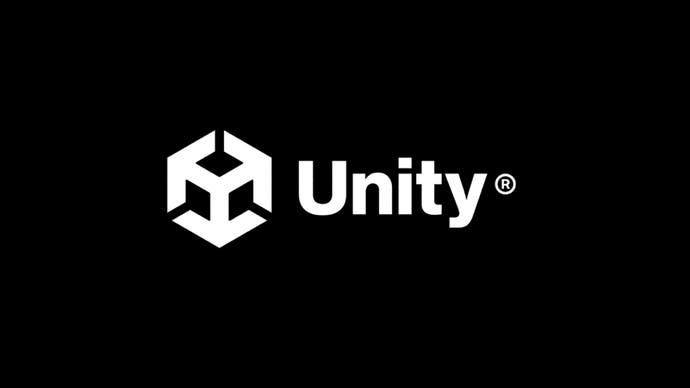Unity backtracks slightly on plans to charge developers for game installs
But industry fury continues.
Game development engine Unity has U-turned on some parts of its hugely controversial plan to enforce fees on game creators every time someone downloads their work, following widespread backlash.
Unity told Axios last night it had "regrouped" to further discuss some of the issues raised by game developers, and made some concessions.
Initially, Unity planned to charge game developers a small fee every time a user installed a Unity game (beginning at the start of 2024, subject to the project meeting certain thresholds). Now, Unity said, this charge would only come after a user first installed a game.
Unity says this change will stop players "install-bombing" a game - deleting and re-installing it repeatedly to invoke multiple payments. But multiple charges will still be levied if a user downloads the same game across multiple devices.
Of course, the unanimous verdict among Unity developers has been that they do not feel these payments are fair at all - even once.
Another point raised by developers is Unity basing charges on downloads could severely impact studios who have released their games into subscription services like Xbox Game Pass - which exist to get titles downloaded as widely as possible.
On this, Unity has now said download fees would be charged by Unity to subscription service owners - so Microsoft, in the case of Xbox Game Pass. Eurogamer has contacted Microsoft for comment on its view of this.
"So now they are saying whoever holds the license (the Unity3D version) will foot the bill," Falconeer developer Tomas Sala wrote on X, formerly Twitter, today. "If you are a porting studio that ports and builds for others, I'd be having some discussions with your Unity3D rep. Lol this is so not thought through."
Speaking to Axios, Unity spokesperson Marc Whitten said he estimated only 10 percent of developers using the engine would be hit.
The backlash to these plans has been unanimous, however.
Yesterday, top indie developer Dan Marshall told Eurogamer that Unity's move was "an absolute fucking catastrophe" and that he would be "jumping ship to Unreal as soon as I can".


